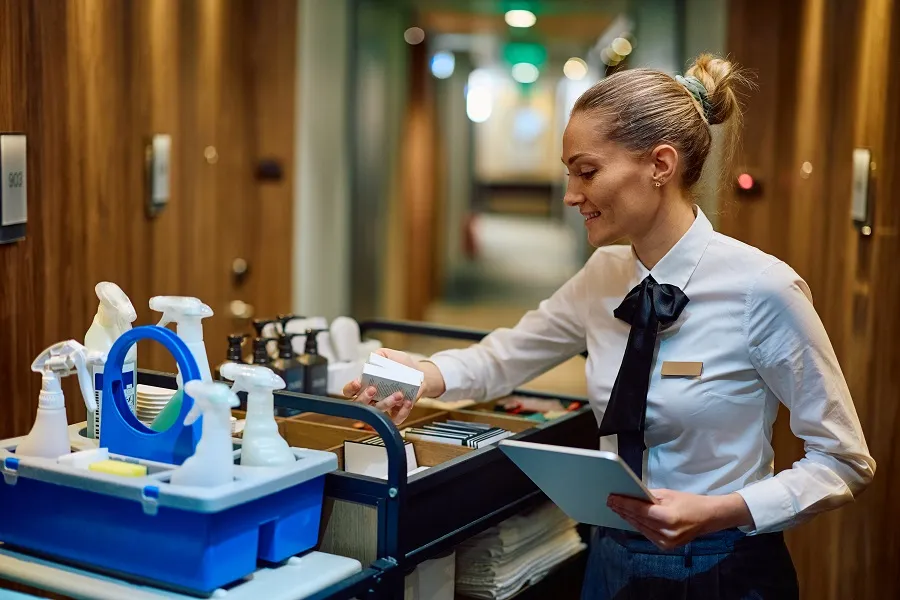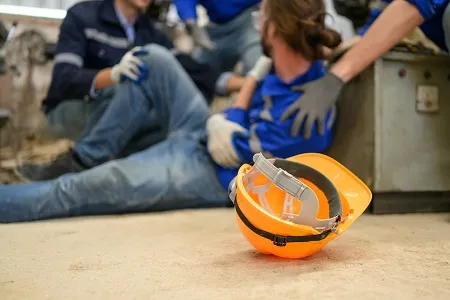What is Adelaide Fringe?
Adelaide Fringe is the second largest annual arts festival in the world and the largest in the Southern Hemisphere, celebrated for transforming Adelaide, South Australia, into a vibrant festival hub for over a month each year. Running from mid-February to mid-March, the festival offers an eclectic array of experiences, from theater, comedy, music, dance and visual arts to circus acts and cabaret.
Founded in 1960 as an alternative to the Adelaide Festival of Arts, Adelaide Fringe provides an open-access format. This means that anyone with ideas and the drive can register and showcase their work, making it a breeding ground for creativity and unexpected surprises. This format breaks the barriers between audiences and artists, allowing both established and emerging artists to participate. Consequently, the festival lineup is wonderfully unpredictable, with performances occurring in theaters, pubs, laneways, empty buildings and makeshift venues across the city.
The city pulses with creativity, featuring over 7,000 artists from Australia and around the world. The Fringe program includes free events like the opening night street party, which features parades and pop-up performances and the immersive Garden of Unearthly Delights and Gluttony—nightly festival villages that offer a mix of entertainment, food stalls, bars, and carnival fun.
Adelaide Fringe not only boosts local tourism but also plays a critical role in promoting cultural exchange and supporting the arts community. It embodies a spirit of adventure and experimentation that captivates the imagination of audiences and artists alike. Each year, attendees eagerly anticipate an unforgettable festival experience that not only showcases unique artistic expressions but also enlivens the social and cultural landscape of Adelaide.
The Importance of Safety at Adelaide Fringe
Safety at large events like the Adelaide Fringe is crucial for several reasons:
Crowd Control: Large gatherings can lead to overcrowding and increase the risk of accidents. Effective crowd management ensures that attendees can move safely between venues and enjoy the festival without incident.
Emergency Readiness: With thousands of visitors, the probability of medical emergencies or other crises increases. Preparedness through well-defined emergency protocols is essential to address any situation swiftly and efficiently.
Public Health Compliance: Events like the Adelaide Fringe must adhere to public health guidelines, which include managing communicable diseases and ensuring food and drink safety. Compliance is necessary not only for public health but also for the continuation of festival operations.
Venue Safety: Each venue, whether indoor or outdoor, presents unique challenges, including structural integrity, fire safety and accessibility. Ensuring that these spaces are safe for public use is paramount.
Staff and Performer Welfare: The health and safety of staff and performers are as important as that of the attendees. A safe working environment is fundamental to the smooth operation of any large event.
The Role of Online Induction in Event Safety Management
Online induction plays an indispensable role in managing safety at large events. For a festival as large as Adelaide Fringe, where the scale of operations includes numerous venues and a large workforce, online induction ensures that every team member is well-prepared and informed about their safety responsibilities. Here are some ways online induction contributes to event safety:
Standardized Training: Online induction provides a uniform training experience to all staff and volunteers, regardless of their role or the time they join. This standardization ensures that everyone starts with the same level of understanding about the festival’s safety protocols.
Efficient Information Dissemination: Given the dynamic nature of event schedules and locations, online induction offers a flexible and efficient method to disseminate important safety information and updates to a large group of individuals spread across various locations.
Accessibility and Convenience: Online induction allows participants to complete their training at their convenience, which is particularly beneficial for volunteers and part-time workers who may have other commitments.
Tracking and Compliance: Using a platform like Induct For Work makes it easier to track who has completed their training and to ensure compliance with safety regulations. This is crucial for auditing and for meeting legal safety standards.
Engagement and Retention: Induct For Work platform incorporate interactive elements and multimedia content, which can enhance engagement and improve the retention of information among staff and volunteers.

Induct For Work: Enhancing Safety
Induct For Work emerges as the safety software of choice when it comes to Event Induction Management, especially for events similar to complexity as the Adelaide Fringe. The platform’s capabilities are particularly suited to the needs of large-scale events, offering:
Customisable Modules: Induct For Work allows organisers to create customised training modules that cater specifically to the unique aspects of different venues and roles within the festival.
Scalable Solutions: Whether for a small team or thousands of volunteers, Induct For Work can scale to accommodate any number of users, making it ideal for events like Adelaide Fringe that see fluctuations in staff and volunteer numbers.
Real-Time Updates: The ability to update training content in real-time allows the festival management to quickly adapt to changing safety regulations or emergency procedures, ensuring that all team members are always informed.
Comprehensive Reporting: Induct For Work provides detailed reports on training completion and compliance, essential for managing records and proving due diligence in safety training.
Last words
Safety at large events such as the Adelaide Fringe is not just a regulatory requirement but a critical factor that influences the overall success of the festival. The use of platforms like Induct For Work, plays a crucial role in ensuring that everyone involved in the event is equipped to handle safety responsibilities effectively. By prioritising safety through structured and thorough online inductions, event organizers can protect attendees, staff and performers, thereby enhancing the festival experience for everyone involved.



